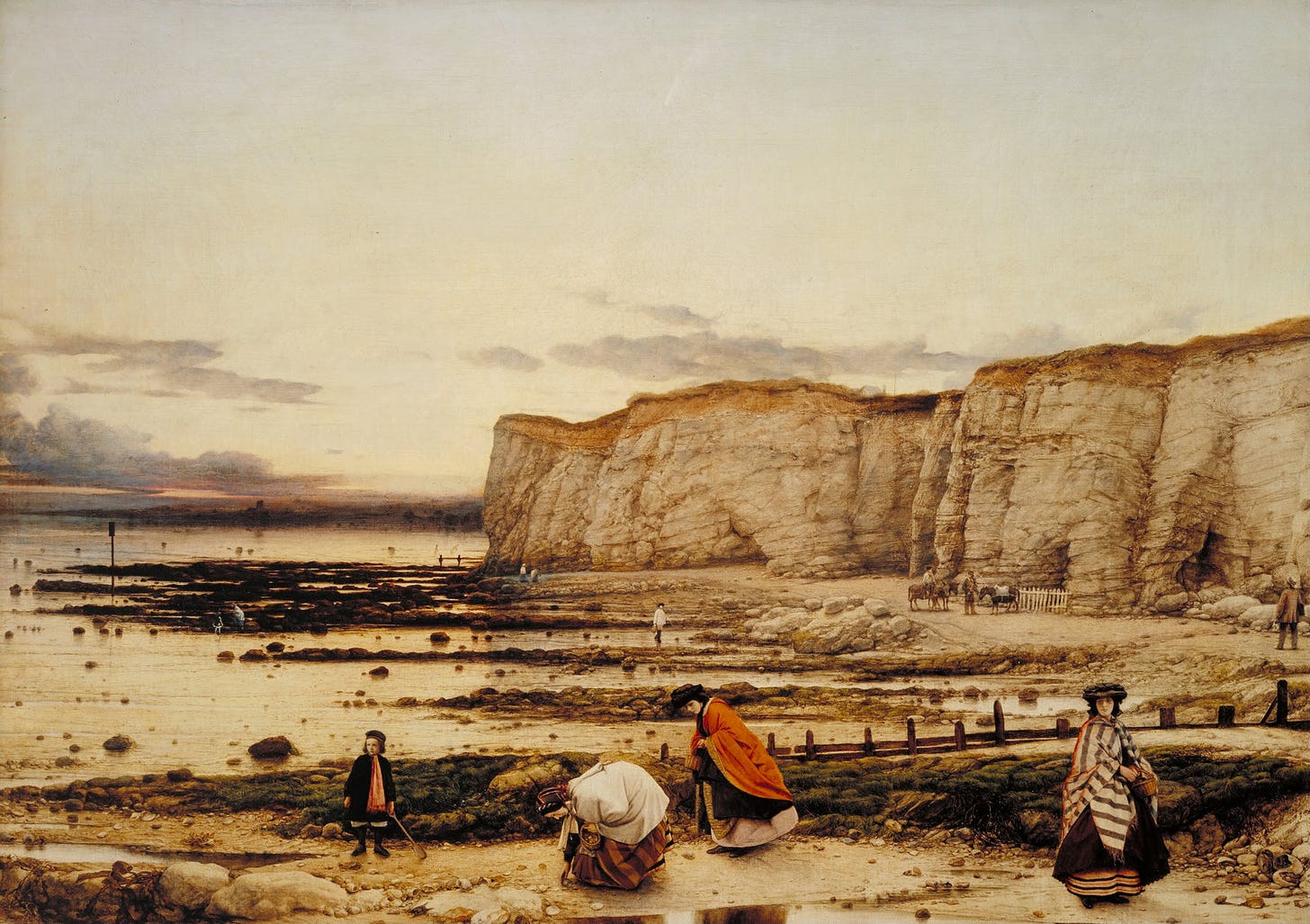This next section for these reading notes from The Bride of the Lamb opens up chapter three (entitled “Evil”) with a section entitled “Creaturely Limitedness and Imperfection” that runs much shorter than most sections at only 1,554 words. In this brief first step, Bulgakov just sets down the basic precondition for evil—or the circumstances that make evil possible within a creation that is only good. First, however, Bulgakov acknowledges a basic truth on which all of “the philosophers of antiquity, the church fathers, and the scholastic theologians” agreed, namely, that evil does not exist “as an independent principle of being, as a ‘substance,’ alongside good.” More fully:
Evil is an absence of good, sterēsis, privatio, an accident, a parasite of being. In the positive sense, only Good, only God and His power in creation, exists. Ontologically, evil does not exist, but is a phantom of nonbeing.
While being clear about this point, Bulgakov does not dwell here in the metaphysical heights at all. Instead, he moves immediately to engage with evil as we experience it here and now:
But it is insufficient to expose evil in its ontological nothingness before the face of God; one must also recognize its fatal, destructive force in creation. For if in the higher, divine plane, evil does not exist, it exists in the lower, creaturely plane, as a positive and peculiarly creative force. One must define the place of evil in the world, if only in its parasitic being.
Keep reading with a 7-day free trial
Subscribe to Copious Flowers to keep reading this post and get 7 days of free access to the full post archives.




